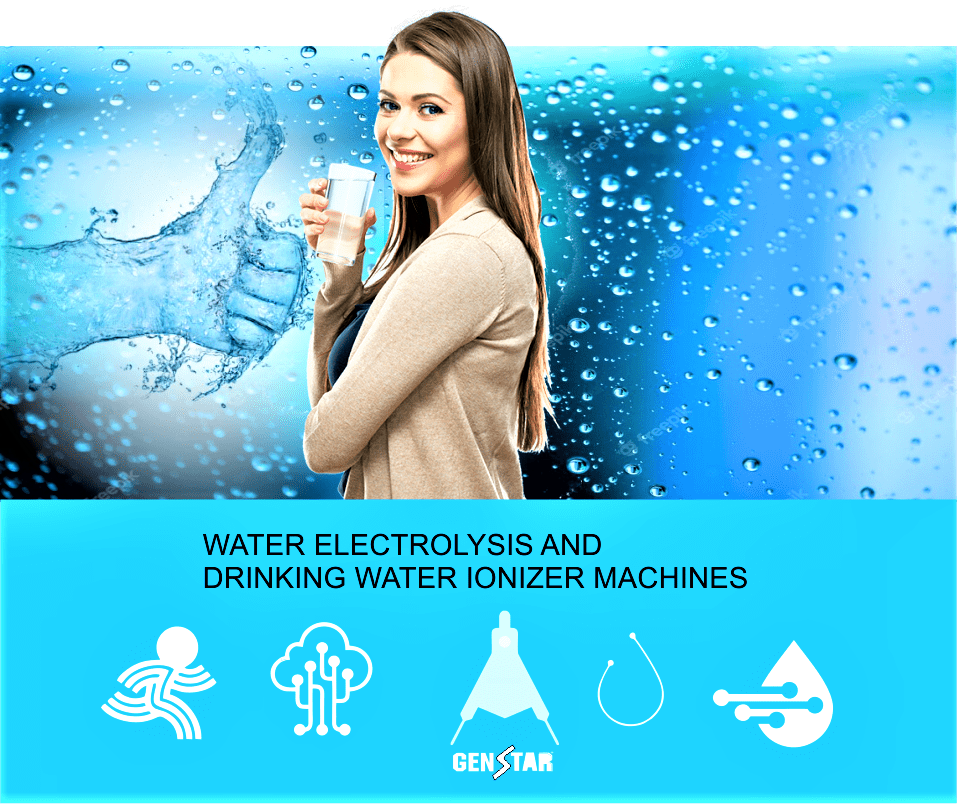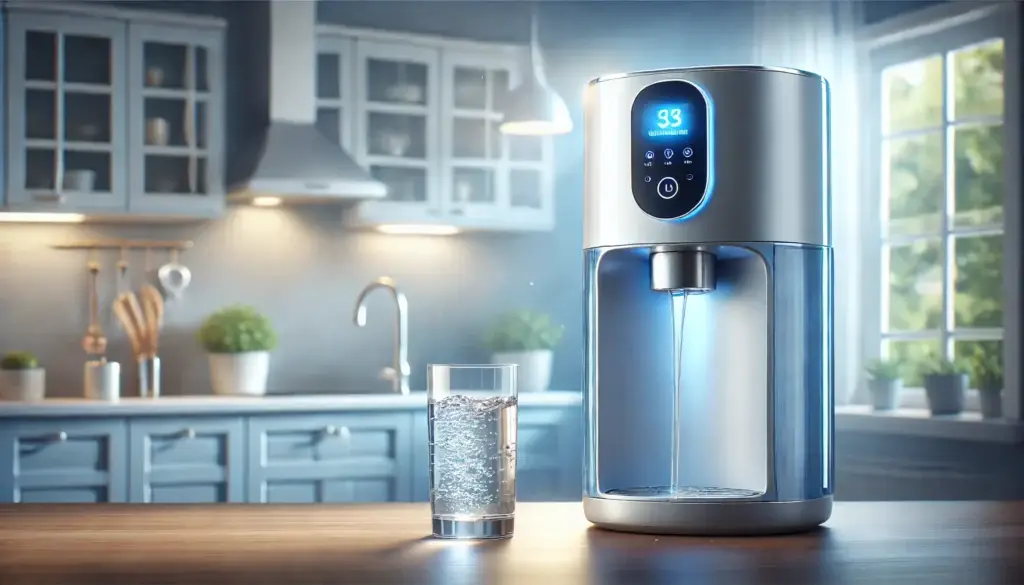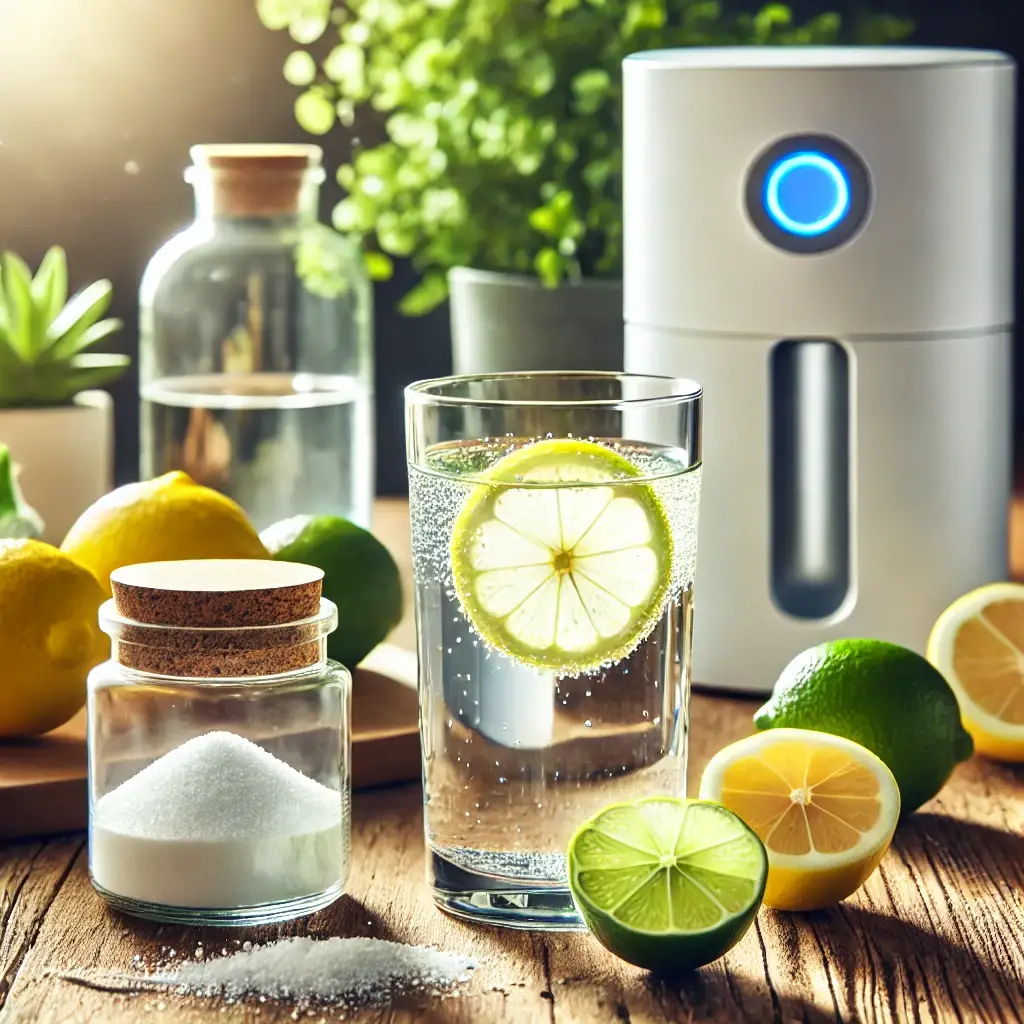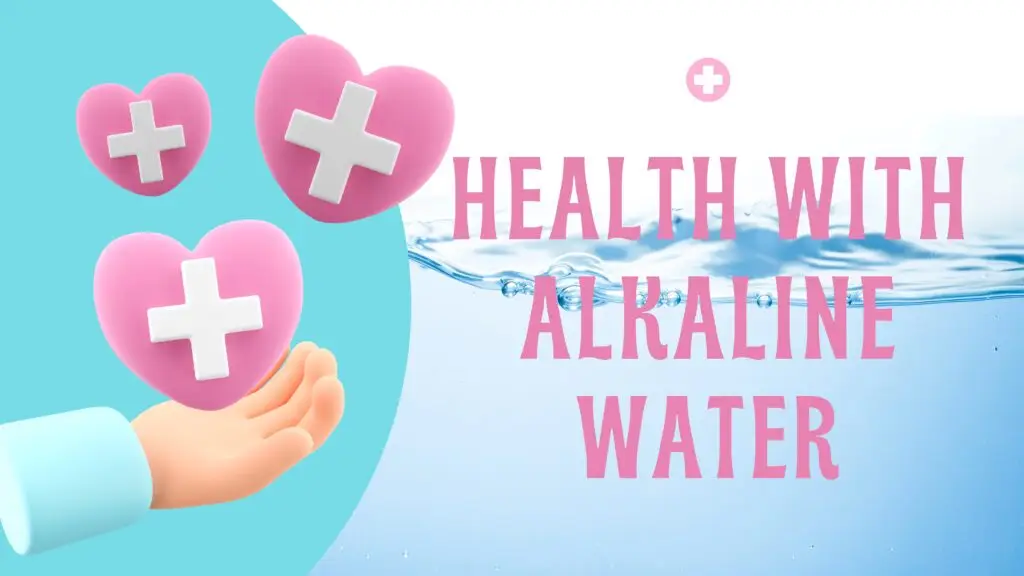WATER CARTRIDGE
- Softner
- Cartridge 1
- Cartridge 2
MACHINES
- Industrial RO Plant
- 1000 LPH Stainless Steel RO Plant
- Steel Water Tank
- Water Waste Treatment Plant
- STP and ETP Plant

WATER IONIZER MACHINE HYDROGEN WATER
Special Offers for Everyone

PREMIUM WELLNESS
Discover New Life









